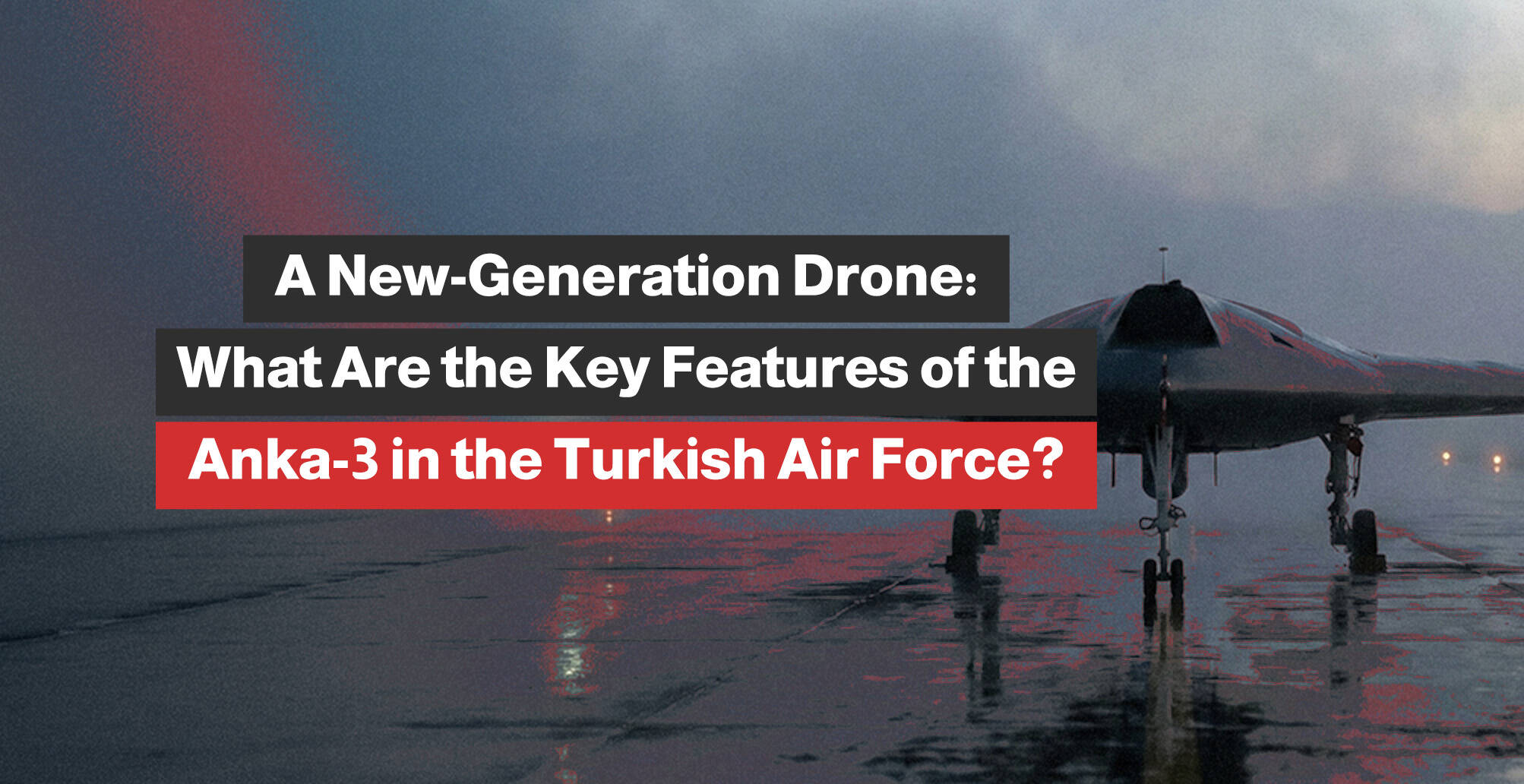A Real War Between East and West: Cyberattacks Are Leading the World Towards the Abyss

"Today, there are many methods to strike the enemy via the internet, whereas in the past, it was necessary to send 50 or 100 commandos secretly behind the lines amid great dangers. Now a group of smart people sitting at a keyboard can achieve the same effect."
This is how Israeli Prime Minister Naftali Bennett summarized the impact of cyber-attacks from air-conditioned rooms in causing devastating consequences for the enemy without the need for direct military confrontations during a conference on the Internet on June 28, 2022.
Bennett was implicitly commenting on the latest Israeli attack on June 27, 2022, in Iran, which damaged and exploded three steel plants.
The Israeli attack came in a series of cyber-attacks in response to an Iranian attack 10 days ago, which led to alarm sirens sounding in Eilat and Jerusalem, confusing the Israelis who imagined missile attacks, which paralyzed life for some time.
This raging Israeli-Iranian cyber conflict, as well as another no less fierce one currently taking place between Russia and the West, raises questions about the possibilities of real wars that will follow at this stage, as well as the changing patterns of wars in the future.
Effective Weapon
These developments drew the attention of the North Atlantic Treaty Organization NATO leaders, who met in Madrid on June 29, 2022, to develop a new strategic concept for the alliance against Russia's attack on Ukraine and its threat to all of Europe. They focused remarkably on "electronic warfare" and "electronic defense."
This was preceded by the Senior Cyber Coordinators of NATO countries meeting in Brussels on May 18, 2022, to discuss cyber threats from the Russian-Ukrainian war and consider a possible collective response.
These successive developments show that electronic warfare is no less important and influential than military war, as the cyber arm can launch an attack that paralyzes all vital enemy facilities and impedes its progress without targeting them with weapons.
Cyber-attacks have turned into an effective weapon no less than military weapons and have become a threat to the security of national states, so many countries have begun to invest heavily in this field.
According to a study prepared by the Cyber Security Venture magazine, which counted the first 500 companies working in the field of cyber, America ranked first, with 354 companies, followed by Israeli companies with 42, and then British companies with 21.
In addition to the 42 Israeli companies, the study shows that 40 other Israeli companies are registered in America for tax reasons, bringing the total number to 82 companies out of 500, or 16.4 percent.
The magazine confirmed, in the study published on December 30, 2021, that global spending on cybersecurity will cumulatively exceed $1.75 trillion from 2021 to 2025.
It added that the cybersecurity market is expected to grow by 15 percent year-on-year from 2021 to 2025.
On June 22, 2022, a study by the American company Microsoft, published by the New York Times, confirmed that malicious cyber activities linked to the Kremlin targeted the governments of NATO countries, and most Russian hacking operations failed.
The study stated that state-backed Russian hackers engaged in "strategic espionage" against governments' think tanks and companies in 42 countries that support Kyiv, but more than two-thirds of them failed, affecting its performance on the battlefield
"Since the start of the war, Russian targeting (of Ukraine's allies) has been 29 percent successful," Microsoft chief Brad Smith wrote in the study, with data stolen in at least a quarter of successful network hacks.
He explained that the United States was the main target, followed by Poland, being the seat of transferring Western military aid to Ukraine, in addition to Denmark, Norway, Finland, Sweden, and Turkiye.
What the Microsoft study said was confirmed by US National Internet Director Chris Inglis in April 2022.
He stressed that Russia did not make a critical electronic move against NATO and the United States at the beginning of its invasion of Ukraine because it imagined that it was on its way to a quick victory, but its military failure prompted it to carry out electronic attacks later.
The director of one of Britain's most prominent spy agencies for Government Communications (GCHQ), Jeremy Fleming, warned that the Russian military and intelligence services are looking for targets in the West for a possible attack using cyber weapons.
He stressed during a cybersecurity conference on May 17, 2022, that Putin is planning a cyber-attack and is looking to target America, NATO, and European Union countries for their continued support of Ukraine.
Global War?
Mutual threats are escalating between Russia and the West. Moscow has warned of attacks against vital infrastructure and Russian state institutions, pointing out that this may lead to direct military confrontations.
The Russian warning coincided with the Director General of the US Cyber Command, Paul Nakasone, talking about "offensive" and "defensive" cyber and "media operations" to support Ukraine, according to Newsweek magazine on June 10, 2022.
Days after these statements, the Russian presidential representative for cooperation in the field of information security, Andrei Krutskikh, accused the United States of launching cyber aggression against Russia and its allies in an interview with the local newspaper Kommersant.
He warned that "the exacerbation of the conflict with the United States in cyberspace may lead to an escalation in the real world between the two powers," according to Newsweek magazine.
The American writer David Ignatius also warned of a long battle between the United States and Russia over cyberspace in an opinion piece in the American newspaper Washington Post on June 7.
The writer promised that "the inevitable outcome of such a conflict will be catastrophic," adding, "Neither side will emerge victorious in any direct cyber conflict."
To de-escalate this frenetic conflict, a State Department spokesperson told Newsweek, "The United States is working with countries around the world to promote stability in cyberspace and reduce the risk of conflict."
This escalation prompted observers to say that whoever believed that the Cold War was over and ended with the fall of the Berlin Wall, should follow the developments of the power struggle between the American and Russian giants on the one hand and the American and Chinese giants on the other.
They made it clear that instead of launching nuclear missiles, each party would only need a computer and an intelligent spy that breaches data and carries out its attack within the sixth generation wars, which among its advantages is that it will push smaller and developing countries to compete in it strongly if they possess this technology.

Catastrophic Consequences
In his book Information Operations: Warfare and the Hard Reality of Soft Power, the American cybersecurity expert Leigh Armistead stated that the era of the bipolar Cold War is over, and a new war is beginning, namely, cyber warfare.
He said that fear of a cyber-attack similar to Pearl Harbor threatens the world; the aforementioned attack was launched by Japanese planes on the American fleet off the island of Hawaii in the Pacific Ocean before the end of 1941, and because of it, Washington entered World War II.
He warned that policymakers are now concerned about possibilities such as hackers blowing up oil pipelines and polluting water supplies, opening dam gates, sending planes on collision paths, penetrating air traffic control systems and possibly electrical power grids, and activating nuclear weapons.











